Loughborough University showcases promising air duct monitoring technology
Published on Monday, 30th of October
A Game Changers-funded feasibility study by Loughborough University (LU) and the National Nuclear Laboratory (NNL) recently concluded with a promising demonstration of self-powered wireless sensing technology.
The technology was developed in response to a challenge from Sellafield calling for long-term sensing solutions that will allow them to remotely monitor the condition of air ducts in storage facilities.
Based on existing solutions designed by LU, a wireless sensor node has been developed to monitor temperature, humidity, salt, airflow and corrosion (recognising a change in the thickness of the air ducts as an early indication of duct degradation or corrosion). The node is powered by a miniaturised wind turbine-based energy harvester, which has been developed by LU and tailored to this application.
This technology tackles a number of key constraints of the duct monitoring challenge, including being small enough to be deployed inside a duct, able to provide wireless feedback, and capable of self-powering over a lifespan of 20+ years.
Stephanos Theodossiades, Professor of Dynamics Loughborough University, said: “We were delighted to contribute to this challenge with our expertise in self-powered sensing node design. There is a huge potential for self-powered sensing to provide robust solutions in a variety of industry sectors and environments, empowering IoT Digital Twins, structural health monitoring and predictive maintenance.”
Antonio Di Buono, NNL Innovation Champion added: “Working with Loughborough University on this project has demonstrated the impact that collaboration with academia can have on enabling innovation in the nuclear sector. NNL can provide the expertise and facility to reach a higher Technology Readiness Level, supporting the implementation of innovative solutions for faster, safer and cheaper nuclear projects.”
Simon Malone, Sellafield Ltd Central Technical R & D at Sellafield Ltd, said: “It’s great to see how much progress has been made as part of a Game Changers feasibility study – to have a functioning prototype at this stage is fantastic. Energy harvesting has the potential to solve many of the hardest challenges of nuclear, which includes powering sensors in the hardest-to-reach areas where power sources are difficult to tap into.”
An announcement regarding further funding for the project is expected soon.

